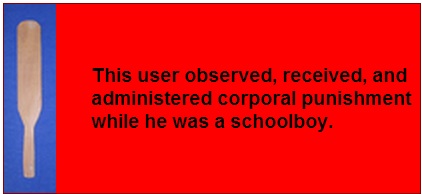By Mila and friends

Recently, an experienced and prominent Wikipedian, who goes by the user name Demiurge1000, was banned by the Wikimedia Foundation Legal team from ever again working on Wikipedia or any of its related sites. Philippe Beaudette, Director of Community Advocacy for the Wikimedia Foundation, provides a good perspective on how big of a deal such global bans are: “the number of times that the WMF has moved to ban someone from our community like this can probably be counted on one hand.” And he’s right: for more than a decade since Wikipedia was created, there have as far as we know only been four such bans.
The WMF has been very tight-lipped on the reason for the ban, but there are a few bits and pieces that could be used to figure out what was the rationale. According to James Alexander, a manager of Legal and Community Advocacy for the WMF, the ban “was done as part of our ongoing obligation to protect the site and its users.”
Jimmy Wales, co-founder of Wikipedia and a trustee of its Foundation, believes that “the Foundation should take a much harder line and ban not just based on the narrow grounds they use today”. He explains that by “narrow grounds” he means “child protection”. So, if the impartial observer were to put it all together, they might reasonably assume that Demiurge1000 was given this “global ban” by the WMF to protect Wikipedians, and most likely to maintain compliance with Wikipedia’s Child Protection policy.
So far so good; it would appear that the WMF is working diligently to protect its users who happen to be children. But is that in fact the case?
…continue reading Guilty?


